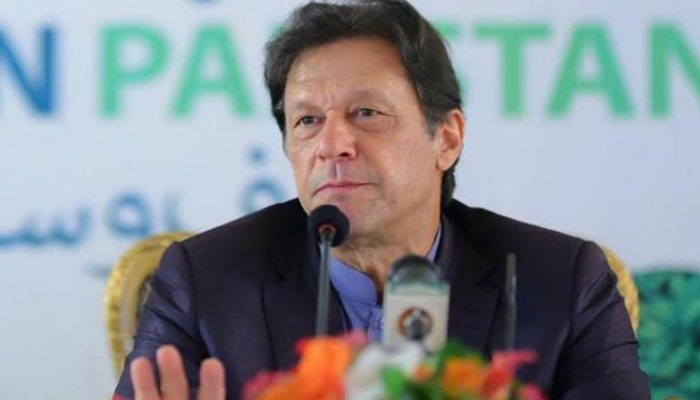PM Imran says supporting farmers top priority of government
A working group comprising of private sector seed companies and government sector regulators would also be constituted to simplify seed certification system and to find solution which ensures that the farmers are able to sift between the good and the bad varieties and companies.
Islamabad: Prime Minister Imran Khan has said that supporting farmers and assisting them in adopting modern practices was among the top priorities of the government.
The Prime Minister emphasized upon the need for revamping of the research centers involved in seed registration so as to bring focus to their work.
The Prime Minister was chairing a meeting on the challenges being faced by the country in cotton sector and the way forward towards uplifting the agriculture sector.
He said approved setting up of a working group, headed by the Minister for National Food Security, to revamp existing seed registration institutes in order to bring about qualitative improvement in their output.
A working group comprising of private sector seed companies and government sector regulators would also be constituted to simplify seed certification system and to find solution which ensures that the farmers are able to sift between the good and the bad varieties and companies.
The Prime Minister has further directed that the existing rules relating to bio-safety assessment of genetically modified crops be reviewed to make them more simple, efficient and time-saving.
The meeting was attended by Minister for National Food Security Sahibzada Mehboob Sultan, Advisor to PM on Climate Change Malik Amin Aslam, Minister for Agriculture Punjab Malik Nauman Ahmed Langrial, Secretary National Food Security Dr. M. Hashim Popalzi, Arif Nadeem, Hasan Raza and others.
The Prime Minister was informed that Cotton is Pakistan’s 2nd largest crop planted on 6.66 million acres. Despite being the 4th largest cotton producer in the world, the country was still importing raw cotton worth $ 1.2 billion.
While discussing various reasons for declining production in the country since 2004-05 and efforts being made for improving seed varieties, it was informed that even with the existing seed varieties, the production could be enhanced to 15 million bales by providing incentives to the farmers and helping them adopt best practices and modern technologies.
-
Security forces gun down 30 terrorists in multiple IBOs in KP: ISPR
-
MQM-P calls for new province in Sindh
-
US report validates Pakistan military edge over India: PM
-
Banned TTP poses serious threat to Pakistan security: UNSC panel
-
CM Afridi clarifies remarks on by-poll after ECP requests army deployment
-
Dubai sees 3.2m Pakistani passengers in 2025 as airport sets new milestone
-
Security forces kill 23 Indian proxy terrorists in KP's Kurram
-
Pakistan to construct island to boost oil exploration: report












